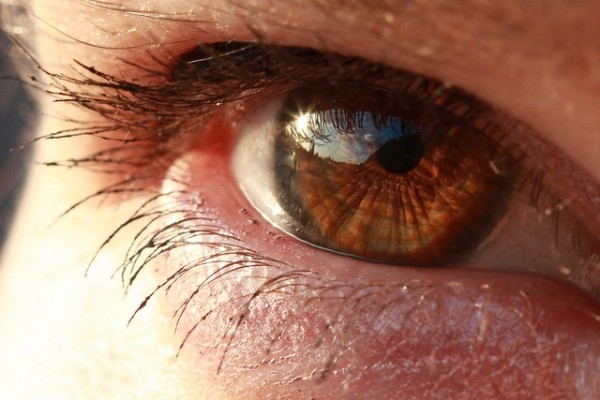Prolonged Exposure to Computer Screen Causes Dry Eyes Disease: Study

People who spend too much time in front of the computer are likely to have dry eyes, according to a study.
Our eyes lids secrete protein called MUC5AC that acts as a mucous layer or tear film by keeping our eyes moist. Japanese researchers found individuals who are exposed to computer screens for longer durations have reduced levels of MUC5AC in the eyes similar to those suffering from dry eyes. When people face the computer screens they blink less or keep their eyes wide open that can cause tears and eye fluids to evaporate leading to extreme dryness.
"Mucin is one of the most important components of the tear film," Yuichi Hori, chairperson of department of Ophthalmology at Toho University Omori Medical Center in Tokyo who was not a part of the new study told Reuters News.
"Mucins like MUC5AC function to hold water on the ocular surface of the epithelia that synthesize them; hence, they are major players in maintenance of the tear film on the ocular surface,"
The study measured the overall level of protein in the tear samples of 96 employees. The participants' total working hours, amount of screen exposure and history of eye problems were recorded in a questionnaire. About 7 percent of male employees and 14 percent of female working staff were diagnosed with dry eyes and its symptoms that include irritation, burning sensation, blurred vision and less amount or poor quality of tear film, reports Reuters.
The subjects' daily average exposure to computer screens was about eight hours and they had almost 6.8 nanograms of MUC5AC per milligram of protein in each eye. Participants who reported spending more than seven hours each day had 5.9 nanograms of MUC5AC per milligram of protein. But those who used computer for less than five hours daily had 9.6 nanograms of MUC5AC per milligram of protein.
Individuals who have dry eyes and those without the condition usually have 3.5 and 8.2 nanograms of MUC5AC per milligram of protein, respectively. The protein concentration is low especially in those who exhibiting the symptoms of dry eyes disease. This can effect labor efficiency and make employees depressed most of the time, says another study.
Around 5 million Americans aged above 50 suffer from dry eyes disease and majority of dry eye symptoms in Japan are linked to prolonged use of computer.
However, the authors believe these conditions can be prevented by slanting the computer screen upwards, avoiding direct air from air conditioner or by installing humidifiers in work environment.
"We advise the office workers suffering from ocular fatigue and dry eye symptoms that they should blink more frequently in an intended manner during screen use, and that they should use artificial tears, Yuichi Uchino, study author and ophthalmologist at the School of Medicine at Keio University in Tokyo told Reuters News.
More information is available online in JAMA Ophthalmology.
Jun 17, 2014 12:09 PM EDT





